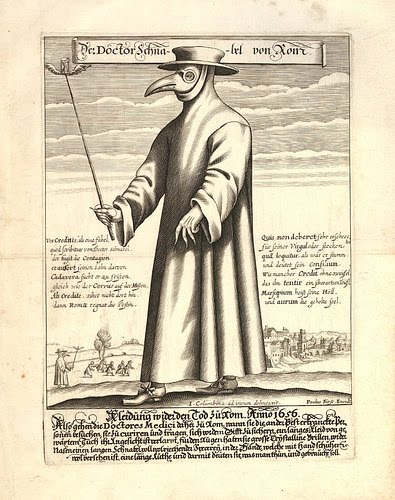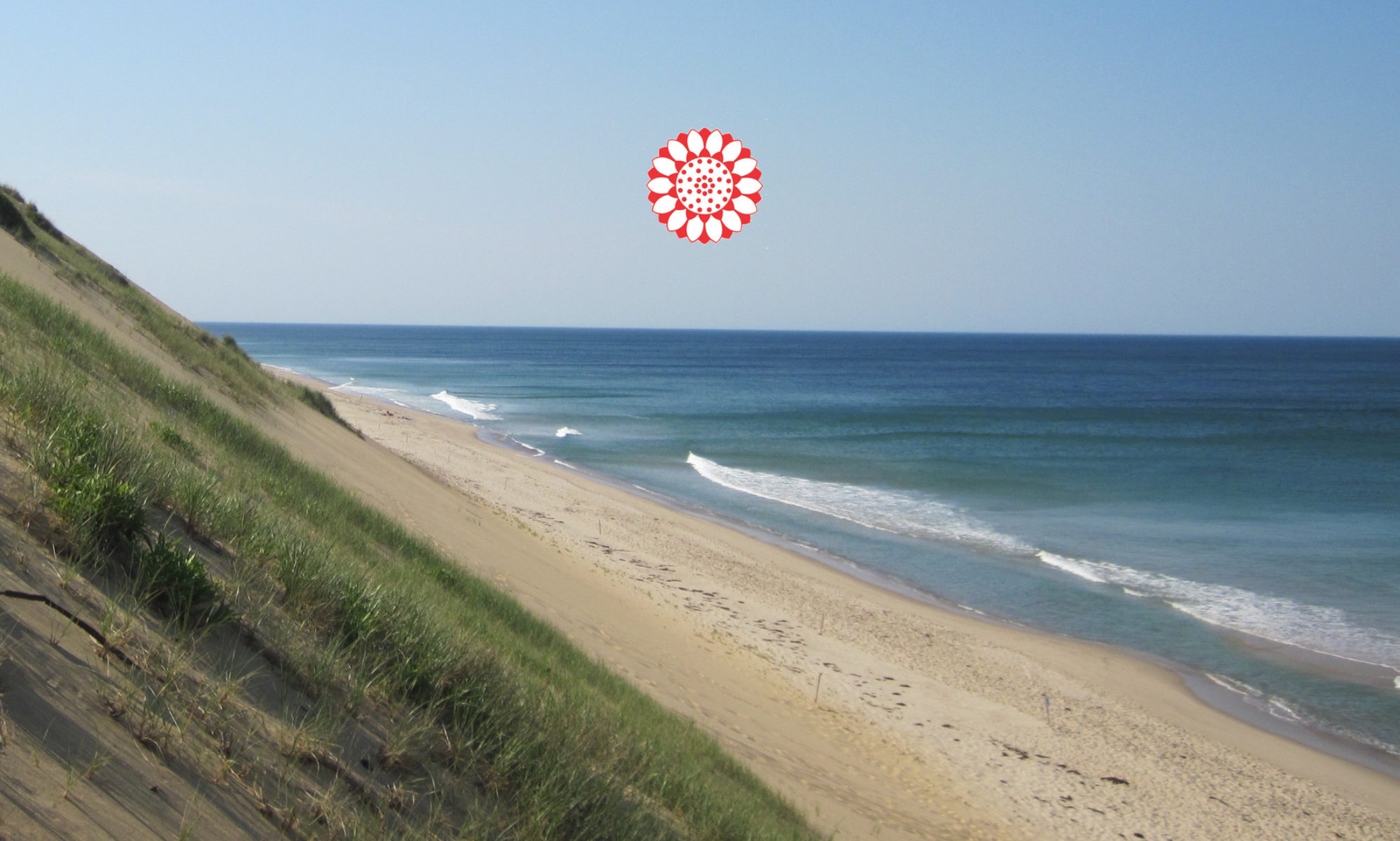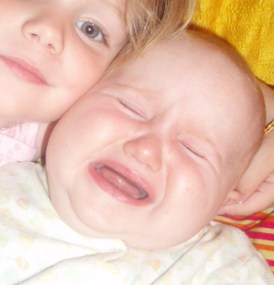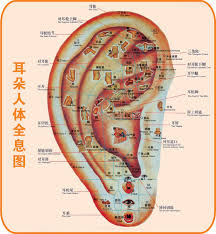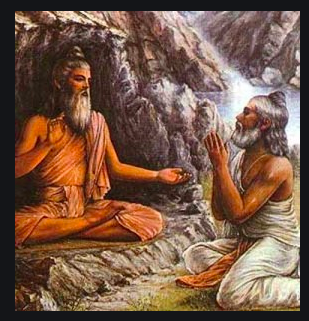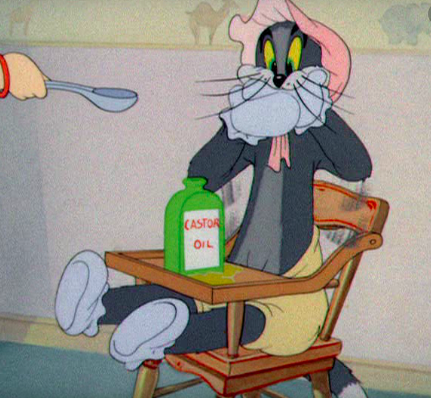Fatigue…Lowered Immunity, Swollen Glands…? How to Identify and Treat a Lingering Pathogenic Factor.
Many people seek Traditional Chinese Medicine for immune support because they have a tendency to catch colds easily and take longer than average to kick it. They also often say that “they need their sleep” preferring 9-10 hours of sleep per night and often more on the weekends.
Another recurring symptom is inflammation manifesting as either chronic sinusitis, enlarged tonsils, swollen lymph nodes and/ or recurring respiratory conditions like strep throat and bronchitis.
The ancients discussed a pattern called “Lurking Pathogen” in the Nei Jing. The name, lurking pathogen, principally comes from the Inner Classic (Nei Jing), where it says “if there is damage by cold in the winter, there will be a warm pathogen disease in the spring”, and “if there is sufficient essence, there will be no warm disease in the spring.”
Western medicine recognizes a similar situation known as “Post-Viral Fatigue Syndrome”, “Chronic Fatigue Syndrome” or “Myalgic encephalomyelitis”.
A typical history includes the revelation of past experience with a viral or bacterial illness such as Mononucleosis, Lyme’s Disease, Meningitis, Coxsackie virus. The list does not end there these are just the most frequent in my clinical experience.
Most people are able to clear the pathogen on their own but for others it isn’t fully expressed and pops up later in life. It’s as if an imprint of the virus lurks in the body and when people are under stress or run down, it pops up and resurfaces. It’s also taxing on the body to have low-lying inflammation and phlegm. These require constant energy to keep it at bay.
Phlegm is a major component of a Lingering Pathogenic Factor. Additionally, the tongue presentation is red, which runs contrary to the pattern of fatigue and weakness. In Traditional Chinese Medicine we consider this to be the result of a “Lingering Pathogenic Factor”.
Typical response to a pathogen:
Typically the body is hit with a pathogen and responds with fever, shivering, sweating and phlegm. As the pathogen meets the exterior of the body the “Wei Qi” or “Defensive Qi” puts up a fight. The battle between “Evil Qi” and “Right Qi” is observed between fever and chills. The body’s temperature elevates to make the host un-hospitable to the infection. Many people feel the higher the fever the more intensely your body is fighting the pathogen.
Because the pathogen invades the skin at the surface of the body, Qi and Fluids are impeded and phlegm is produced. Most people fully clear the pathogen in time. In many it can take a week or so, others a month and some just never fully express the pathogen. Children are extremely susceptible to Lingering Pathogenic factor because their immune systems are developing and they are more fragile.
There are also other reasons that can contribute to a lingering pathogen not being completely expressed and expelled.
Compounding factors:
- Genetic disposition
- Overuse or improper use of antibiotics
- Cold, phlegm producing foods
- Antipyretics
- Concurring illnesses
- Emotional strains
- Developmental milestones
- Vaccinations
Treatment:
Allopathic medicine treats the disease. Traditional Chinese medicine treats the individual. By strengthening the individual and not suppressing the body’s own, innate knowledge, the body has the ability to clear the pathogen without the side effects of antibiotics.
Understanding the Pattern: The body is a relative balance of:
Yin / Yang
Cold/Heat
Interior/ Exterior
Deficiency/ Excess
Fatigue, lowered immunity and phlegm are usually an example of excess yin, with cold in the interior creating phlegm. A red tongue indicates the presence of heat within the body, often a remnant of the virus or toxin.
Symptoms of Fatigue (Qi deficiency) include:
- Extreme fatigue in the morning
- Recurring illness, lowered immunity
- Pale, heavy menstruation
- Bruising easily
- Depressed / Moody
- Runny nose or Blocked nose
- Phlegm
Treatment:
Treatment includes clearing a heat toxin. First you need to identify where the phlegm (LPF) is remaining. It can be in the tonsils, ears, lungs, intestines or bladder. We typically see LPF after chronic urinary tract infections.
Often systemic treatment is geared towards initially strengthening the body followed by clearing phlegm.
1) Dietary Suggestions:
Eliminate Reduce Phlegm Inducing Foods:
- Gluten
- Dairy (yogurt is often okay)
- Fructose (Juice, bananas, oranges, smoothies)
- Refined Sugars
- Peanut butters can encourage phlegm too
Consider adding:
- Organic meats
- Organic vegetables and fruits that reduce phlegm like onions, garlic, lemons,
- Nourish the lungs with white vegetables and fruit: Cauliflower, lotus root, daikon, pears
Supplements:
- Probiotics to help repair the gut lining and reduce phlegm
- Quercitin and Bromelain to help reduce inflammation and phlegm.
- Tumeric: Natural antinflammatory
- Raw Honey: anti-viral, ant-bacterial
- Bee Propolis: Anti-inflammitiry, anti-viral, anti-bacterial, anti-fungal
- Apple Cider Vinegar
- Coconut oil: anti inflammatory, anti-viral, antibacterial, good for a mouth wash. Can dissolve a spoonful in water in the morning or swish it around your mouth for 1 minute and spit out.
- Gargle with salt water
- Olive leaf spray for swollen tonsils
- Vitamin D for immune support
Lifestyle:
- Nurture your down time. Make sure to get proper rest.
- Avoid overuse of digital devices.
- Do moderate exercise. If you feel exhausted after your workout try more restorative exercises like walking in the park, Hatha yoga
Acupuncture & Herbs:
Acupuncture is a great way to support the immune system to clear the trapped pathogen.
The treatment is two-fold:
1) Strengthening the immune system
2) Clearing the pathogen
Similarly an herbal regimen is helpful to help support the immune system whilst clearing heat. An herbalist will constantly update a hand tailored formula that will evolve as the pathogen is clearing and the body is being restored to balance.

